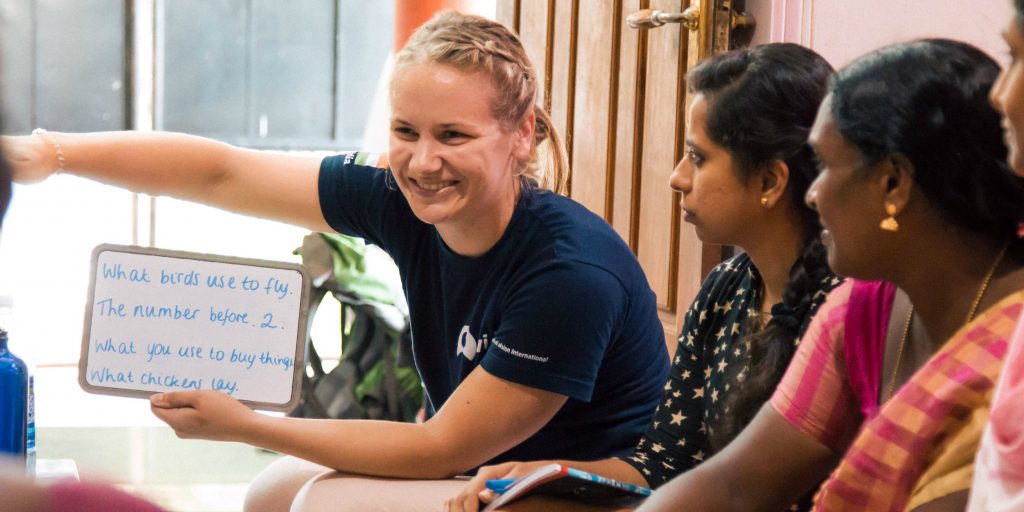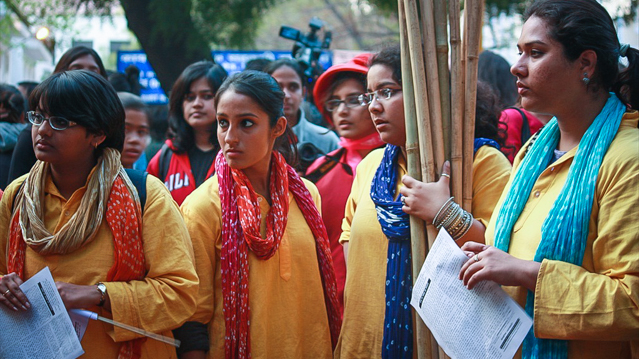Seventy-five years ago, when the partition took on its most hideous avatar, crime against women in India and Pakistan were reported to be at an all-time high; seventy-five years later, things do not seem to get any better when you hear figures that state that every 16 minutes, a woman in India is raped.
However, I understand the reservations people have when it comes to resonating with facts and figures, even after being a sexual assault victim, I cannot register these figures myself.
Numbers have not been as compelling to us as personal stories have; but are we building an ecosphere that is victim-friendly? Do we allow victims of any crime and mishap to tell their stories without apprehensions of being shamed and ultimately victim-blamed?

You might have noticed mothers scolding their young children when they trip, fall, and get hurt; victim-blaming runs on the same illogical fuel, the fact that more than half the population in the world has been sexually violated and has undergone life-altering trauma at least once in their life seems alien to most people because they cannot accept that anything bad could happen to them as well unless they did something wrong in the first place.
Psychological research suggests that most people view the world as a just and fair place when it is just the opposite of that.
When an unfortunate event befalls someone, people are more driven to blame that person instead of accepting the possibility that they could have been victim to the same tragedy as well.

A place where male victims are told to quiet down after they have been sexually abused because ‘it will trample over the reputation family’ or ‘he is a boy, he cannot be raped’ or ‘he could have fought him back, why did he go weak’ and have to live in denial of their own traumatic past; where female victims are caged in their own rooms until they get married to later be caged in a stranger’s room; where acid attack victims are driven to the edge to take their own lives because some monsters had ego issues and others have unsolicited judgments; where domestic violence and marital rape are “Ghar ki Baat” (private affairs) and people have no choice but to wake up to be abused every single day of their lives; where ‘hustling’ and overworking yourself is internalized to be more appropriate than seeking medical help and processing your trauma and mental health is just a myth, is a place that is anything but victim-friendly.
There is little comprehension of century-old institutions like patriarchy and plenty of commentary on the same, there are arguments that justify patriarchy by pointing out internalized submissiveness in women and labeling it as ‘natural’, other arguments acknowledge the adverse impact patriarchy has for both men and women but conclude in normalizing the demonic concept in the end as ‘the way of life.
Just as caged birds get comfortable behind bars, women who have internalized misogyny get comfortable being suppressed and this does not make oppression of women a natural phenomenon, neither does it make earning and providing for their families the sole duty and right of the male members.

To have all the judgments and traditional regressive institutions broken-down is a utopian ambition that we should strive towards, even if we can never achieve it and part of making that dream come true involves- responsive helplines for victims of crimes that have been stigmatized, complimentary counseling sessions like developed countries have, and support groups that do not make us feel alone in our struggle.
Do not forget that change begins from within us and unless we do not introspect on our own faults and biases, equality will gradually be void of its true meaning.
















